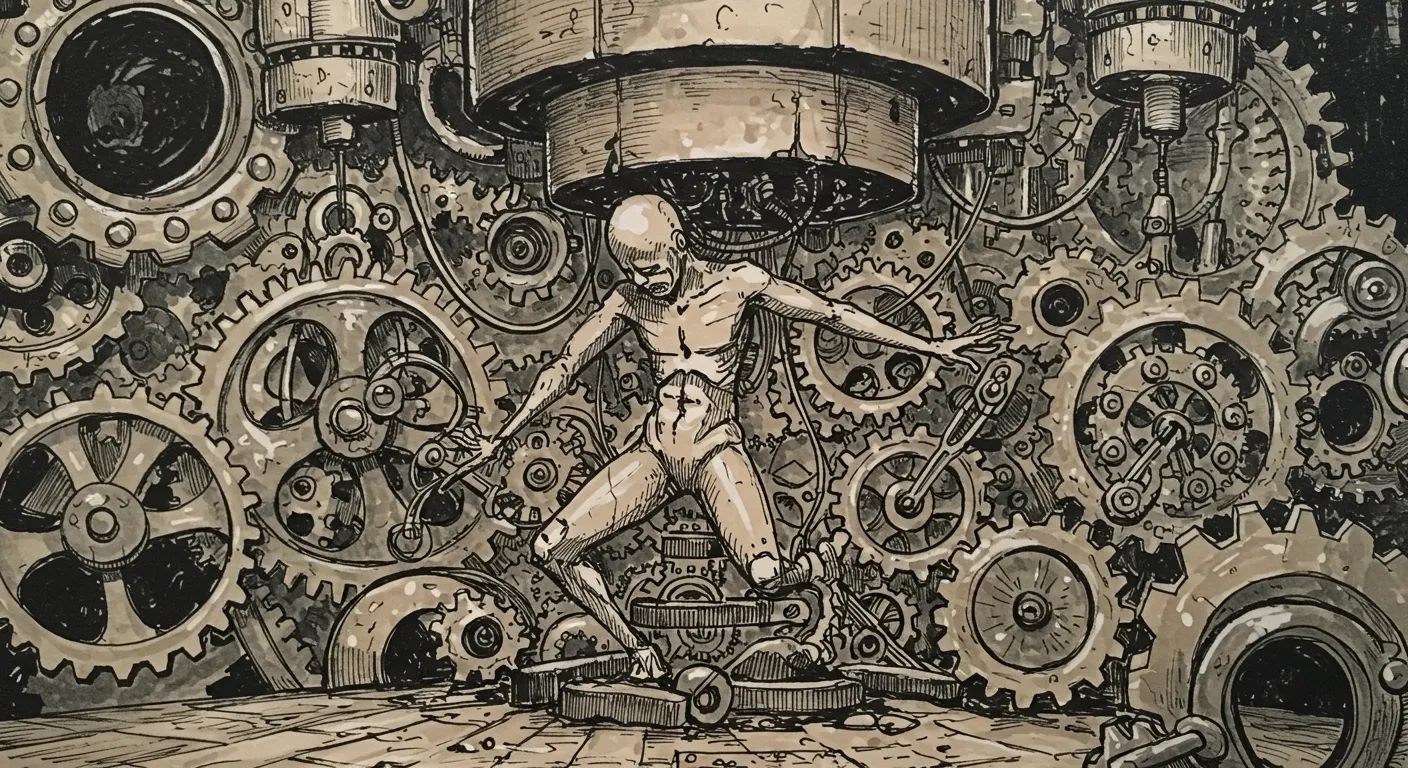The rise of AI coding tools is transforming software development at Amazon, turning what was once a creative profession into something resembling factory work. Online commentators are wrestling with a profound shift in their industry, where generating code is increasingly becoming a task of reading and reviewing AI-produced work rather than writing from scratch.
The transformation goes beyond mere productivity. Engineers are experiencing a fundamental change in their professional identity, with many feeling like they're becoming bystanders in their own jobs. Some see AI as a tool that can help them focus on more strategic problems, while others worry about the loss of craftsmanship and deep understanding of code.
The broader context is a tech industry constantly seeking efficiency, where companies like Amazon are pushing to do more with fewer employees. AI represents the latest wave of automation, promising to increase output while potentially reducing headcount. This trend is sparking debates about the future of software engineering and the value of human creativity in a increasingly algorithmic workplace.
The shift is not just technological but cultural, challenging long-held notions about what it means to be a software developer. As AI becomes more integrated into coding workflows, professionals are grappling with questions of skill, purpose, and professional satisfaction.
Ultimately, the story reflects a larger narrative about work in the digital age: how emerging technologies reshape jobs, challenge professional identities, and force workers to continuously redefine their value and skills.


